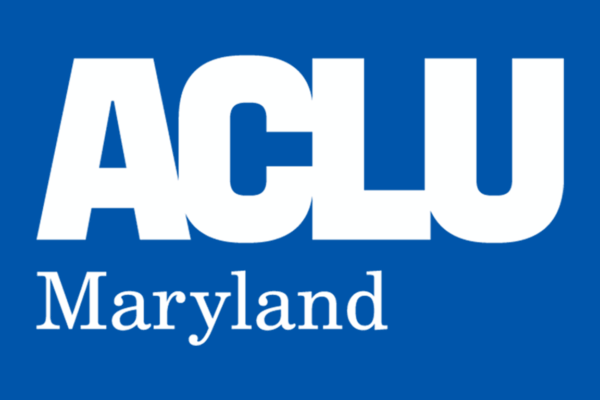BALTIMORE COUNTY, Md. – In a win for the rights of people who are incarcerated to fair wages for their labor, the Fourth Circuit ruled this week that, in some circumstances, the Fair Labor Standards Act (the nation’s leading minimum wage law) should apply when incarcerated workers are working outside prison walls. The case in front of the court, Scott et al. v. Baltimore County, was brought by Marylanders incarcerated at the Baltimore County jail, who were assigned to work under inhumane conditions at the county recycling facility alongside employees who are not incarcerated.
An amicus brief was filed in the case by the national ACLU, several ACLU state affiliates, and local civil rights and racial justice groups that shone a light on how modern-day prison labor practices in Maryland and elsewhere descend from the enslavement of Black people.
Shamefully, the workers who are incarcerated often worked 12-hour shifts six days a week and were paid by Baltimore County no more than $20/day – less than $2/hour – despite toiling in harsh conditions without adequate food or clothing. Their non-incarcerated fellow employees were paid significantly higher wages for the same work. Baltimore County argued that workers who are incarcerated, even when doing the same work as workers who are not incarcerated, were not entitled to any minimum wage protections.
Martina Hazelton, co-founder & executive director of the Family Support Network, said: “I am very pleased with the ruling. This is the first step to ensuring incarcerated workers are compensated appropriately. This will relieve a huge burden on many family members that support their incarcerated loved ones because they are unable to buy their basic necessities. Incarcerated workers earned pennies an hour equating to not much more than $20 a month, but with this ruling that will have to change.”
The groups’ amicus brief emphasized the shameful, racist legacy of late 19th and early 20th century “convict leasing” in the southern United States, in which people convicted of crimes were forced to work for private employers for little or no pay as part of their sentences. These workers were disproportionately Black men who labored in brutal conditions. The brief pointed to how Baltimore County’s practice of sending people who are incarcerated to perform extremely low paid work for outside employers extends this tragic history of “slavery by another name.” The County’s practices also undercut wages and conditions for workers who are not incarcerated by incentivizing the use of cheaper labor by people who are incarcerated.
Carl Snowden, convenor of the Caucus of African American Leaders, said: "The Caucus of African American Leaders applauds the decision that will allow workers to be paid a fair wage".
In a 2022 report about workers who are incarcerated in federal and state prisons, the ACLU and the Global Human Rights Clinic of the University of Chicago Law School found that workers who are incarcerated produce more than $2 billion in goods and $9 billion in services to prison systems, yet are paid nothing or pennies per hour.
Deborah Jeon, legal director for the ACLU of Maryland, said: “This win for people who are incarcerated gives us hope that going forward, courts – including our federal court here in Maryland – will recognize the humanity of Marylanders inside, and further reject rationales rooted in this country’s shameful, racist history for denying mostly Black Marylanders fair wages they are due for their hard work.”
Contributing to the brief as counsel for the organizations were: Sonia Kumar and Deborah A. Jeon from the ACLU of Maryland; Jennifer Wedekind from the ACLU National Prison Project; Kristi Graunke and Samuel J. Davis from the ACLU of North Carolina Legal Foundation; and Aubrey Sparks and Nicholas Ward from the ACLU of West Virginia. Other contributors included Gina Elleby from the ACLU of Maryland, Jennifer Turner from the ACLU Human Rights Program, Allen Chaney from the ACLU of South Carolina, and Eden Heilman from the ACLU of Virginia.
Stay Informed
Sign up to be the first to hear about how to take action.
By completing this form, I agree to receive occasional emails per the terms of the ACLU’s privacy statement.
By completing this form, I agree to receive occasional emails per the terms of the ACLU’s privacy statement.

